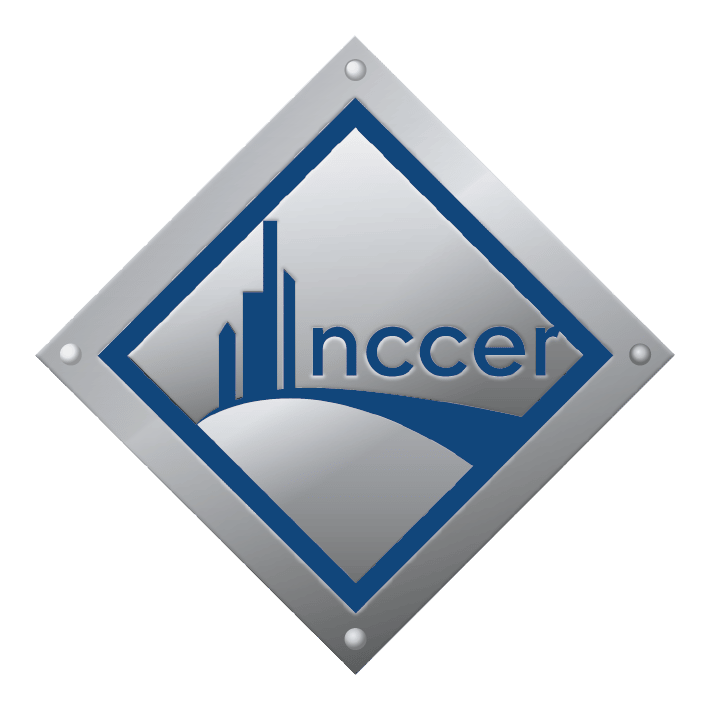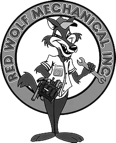HVAC & Basic Refrigeration Training
Start Building Your Future
Curriculum Details
Arizona Automotive Institute’s comprehensive Heating, Ventilation, Air Conditioning & Basic Refrigeration program prepares you for a career as an HVAC professional. We combine classroom-style education with simulated on-the-job hands-on learning to prepare you for what a career servicing a variety of different types of equipment will be like once you graduate. With enrollment starting on a rolling basis every 5 weeks and programs that can be completed in 10 months, your dream career is in your near future! By the end of our program, you’ll be prepared to sit for the EPA Section 608 Technician certification.*
Diploma: 50 Credit Hours, 10 Months.
*AAI does not guarantee third-party certifications. Certification requirements for taking and passing certification examinations are not controlled by AAI but by outside agencies and are subject to change by the agencies without notice to AAI. Therefore, AAI cannot guarantee that graduates will be eligible to take certification examinations, regardless of their eligibility status upon enrollment.
Skills You Can Learn in Our HVAC/BR Training
Learn to diagnose, service, and maintain residential and commercial air conditioning systems, including refrigerant recovery and EPA-compliant procedures.
Gain hands-on experience with wiring, electrical diagnostics, and control systems used in HVAC and refrigeration equipment.
Gain hands-on experience servicing natural gas and electric furnaces, solid-state flame controls, and adapting propane heating units.
Understand the operation, installation, and maintenance of heat pumps, with emphasis on efficiency, seasonal performance, and climate adaptation.
Learn how to operate and repair refrigeration systems, including compressors, evaporators, metering devices, piping layouts, and airflow dynamics.
Learn safe, legal refrigerant recovery, recycling, and reclamation techniques in compliance with the Clean Air Act and EPA Section 608 standards.

What is NCCER?
Why is NCCER important to you?
Earning NCCER’s industry-recognized credentials means you, having undergone approved training, and have met the standards set by the NCCER. Your universally recognized credentials in your craft represent a national portability of your skills.
Additionally, NCCER manages credentialing and certification through its Registry System, which assists craft trainees and professionals by maintaining their records in a secure database.
NCCER also drives multiple initiatives to enhance career development and recruitment efforts for the industry, primarily through its Build Your Future initiative.
Why is NCCER important to employers?
Many organizations and companies track the qualifications of their craft professionals and possible new hires through NCCER’s Registry System. Those with NCCER credentials may be more desirable to potential employers.
What Does an HVAC & Basic Refrigeration Technician Do?
Simply put, HVAC & Basic Refrigeration Technicians work on heating, ventilation, and air conditioning systems that help create comfortable environments for people to live and work in. HVAC Technicians are able to install new systems, maintain existing systems, and/or make repairs to malfunctioning equipment.
Still unsure if HVAC & Basic Refrigeration is the program for you? Let’s walk through some of the main tasks and day-to-day routine of what it looks like to be an HVAC & Basic Refrigeration technician.
*AAI cannot guarantee employment or salary.
Installation
- Prepping and ensuring job site safety
- Performing HVAC installs and removals
- Connecting and changing electrical wiring
- Testing for carbon dioxide and monoxide
- Following complex blueprints
Maintenance & Troubleshooting
- Performing diagnoses using diagnostic tools
- Troubleshooting systems
- Performing tests and analyzing results
- Performing repair work while maintaining site safety
- Verifying systems have been fully repaired
Customer Service
- Listening and understanding customer needs and concerns
- Clearly communicating the issue and solutions to the costumer
- Explaining complex and intricate pricing
- Accurately pricing out time needed for repair
Work Schedule
Every day looks different for an HVAC technician. For HVAC technicians who do repairs, the day-to-day can vary depending on the weather and their service calls. Other HVAC technicians work for construction companies, and their installation schedules are more standardized. HVAC technicians working on repairs typically receive their daily tasks fairly early in the morning, and then they gather the necessary tools and supplies for the day. Other technicians are self-employed. These technicians are contacted directly by clients and can organize their time independently.
While technicians’ days usually start fairly early in the morning, the length of the workday depends on the service calls received. It’s not uncommon for HVAC technicians to work in the evenings, especially during periods of very hot or very cold weather. Technicians usually have opportunities to work overtime.
The number of calls an HVAC technician works on varies. They may make a lot of smaller repairs or spend most of the day working on a larger project or installation. Sometimes, technicians work in teams on larger and more complex projects. Sometimes a significant portion of a technician’s day is spent talking to customers or traveling to and from different job sites. Given this aspect of the job, in addition to technical skills, HVAC technicians are expected to have excellent communication and interpersonal skills.
Work Environment
HVAC technicians’ work environments, like their schedules, vary from day to day. Technicians may find themselves performing repairs, maintenance, or installations in a client’s home, commercial environments, and industrial settings. HVAC technicians typically work indoors, but they may need to work outside, sometimes under more extreme weather conditions.
Refrigeration technicians often work with potentially hazardous chemicals, such as refrigerants. Safety is a very important part of the job, and technicians should to be trained in relevant safety procedures and stay up to date on best practices.
HVAC technicians should to be flexible and adaptable. In addition to the technical skills and experience that our HVAC program in Arizona provides, there’s typically additional on-the-job technical and safety training. HVAC technicians are continuously learning! To learn more about our HVAC training program, contact the Arizona Automotive Institute.
Career Outlook for HVAC Graduates in Arizona
The outlook for heating, air conditioning, and refrigeration mechanics and installers is projected to skyrocket between 2023 and 2033. Around 42,500 openings will be available each year nationwide should projections hold.
Graduates of our program may find work* as:
- HVAC Service Technicians
- A/C and Refrigeration Technician
- Air Conditioning and Refrigeration Technician
- Air Conditioning Service Technician
- HVAC installer
- HVAC/R Technicians
*Arizona Automotive Institute cannot guarantee employment or salary. The jobs mentioned are examples of certain potential jobs, not a representation that these outcomes are more probable than others.
Frequently Asked Questions (FAQs)
You can learn how to install, maintain, and repair heating, air conditioning, and refrigeration systems. Topics include electrical systems, refrigerant handling, system diagnostics, ductwork, and heat transfer principles.
Students in HVAC training programs engage in hands-on learning by working with industry-standard equipment, performing installations, troubleshooting systems, and simulating real-world scenarios.
No prior experience is needed. This program is designed for beginners and introduces students to fundamental skills, tools, and safety procedures used in the HVAC industry.
Yes, students work directly with HVAC tools and equipment, gaining hands-on experience in wiring, system installation, troubleshooting, and maintenance in lab-based environments.
You can train on residential and light commercial heating systems, central air conditioning units, refrigeration components, heat pumps, and HVAC electrical controls.
Ready to Take the First Step?
Start earning your way to the career training you have been dreaming of with our hands-on programs at Arizona Automotive Institute. Centrally located within the Phoenix Metropolitan area, AAI is the perfect place to begin your journey in skills-based careers. Learn more about our programs or schedule a tour to visit our innovative learning labs and campus today.
Employment Partners
At AAI, we want to support our students from enrollment to post-graduated. We have a number of employment partners to help you find the perfect job to start your career. Some of our HVAC & Basic Refrigeration partners are:







Are You Ready for Your New Career?
We’re here to help you for your dream career, not your next job. If you are ready to start the next chapter of your life and looking for the technical school that will get you there, Arizona Automotive Institute is ready to help.

